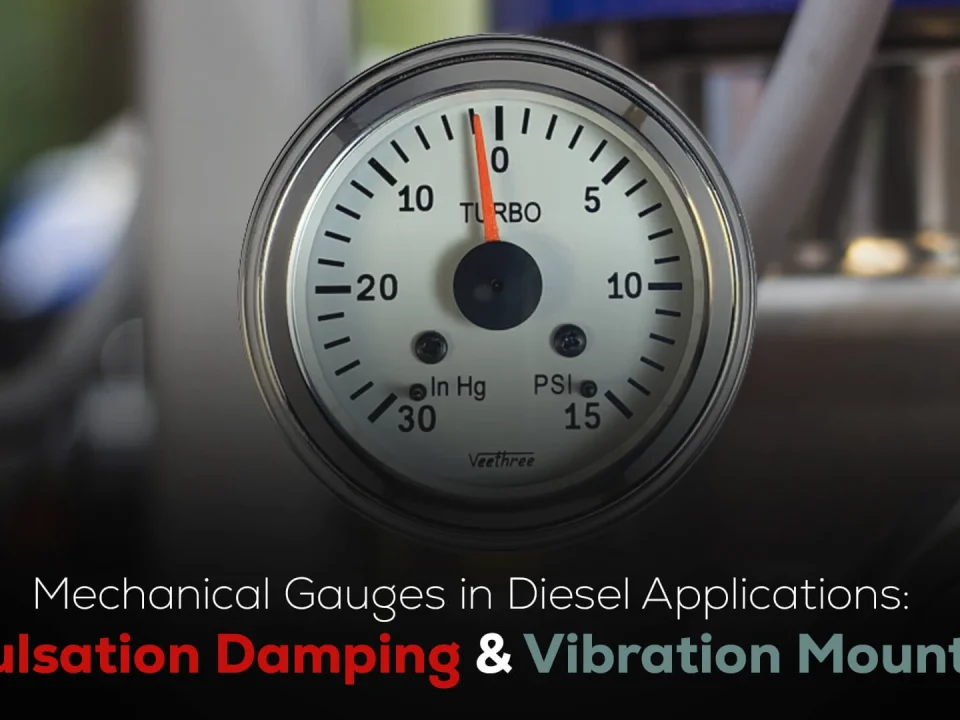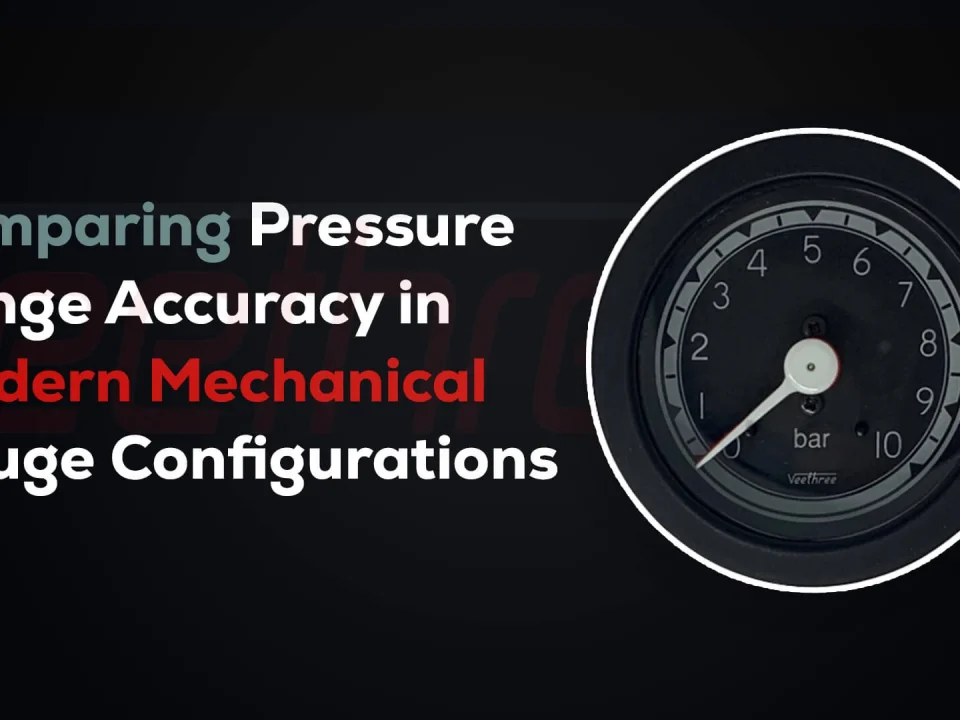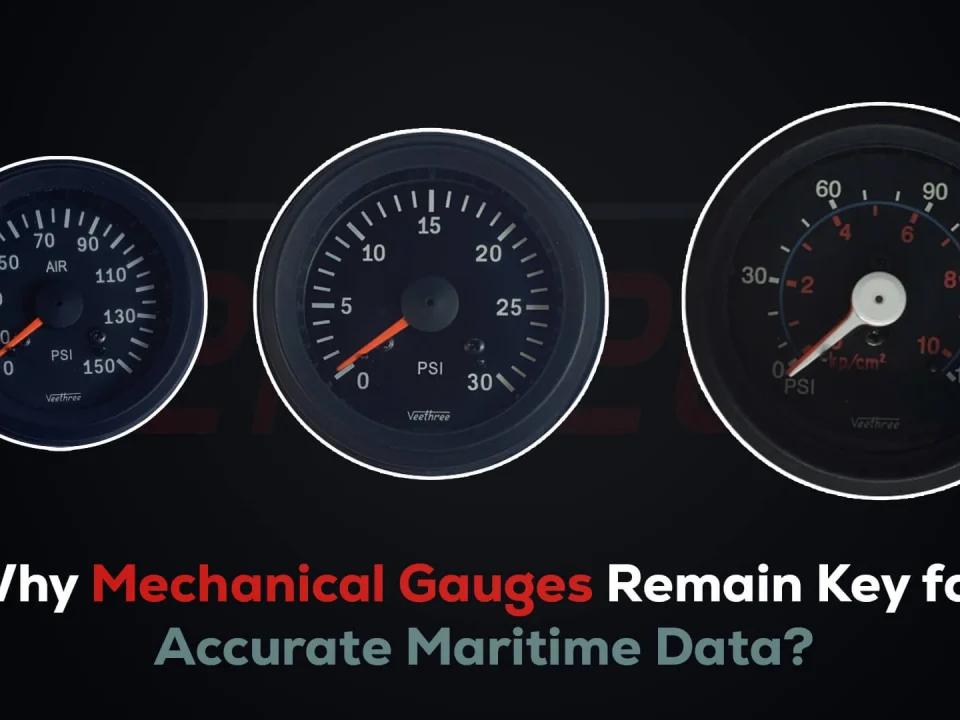- Free shipping for NZ Customers. All items are available in NZ warehouse
- +64 (0) 212576146
- [email protected]
Major causes for gauge failure

Testing process for gauges
August 12, 2019
Types of gauges
December 16, 2019A lot of consumers ask if there is a guarantee on products, why do they fail to live up to expectations? Well, it is a possibility that the manufacturer is at fault, but let us not forget a few other important factors as to why the gauge has failed. These problems do not blame the consumer or the manufacturer per se, but take into consideration the misinformation that might have caused the failure. Here are a few reasons pressure gauges fail:
Mis-installationA very neglected and taken for granted factor that needs to be paid attention to. All consumers take for granted that the way the gauge has been installed is correct. The fact is, if the gauge has not been installed correctly i.e., it is not being fed all the information needed to display accurate readings, it will not show the correct reading or even a reading whatsoever. You could have a brand new gauge fail if this factor has been overlooked.
MishandlingMany a time, consumers ignore how the gauge is being treated. No one is saying the gauge has feelings, but it is vital to ensure the gauge is not put through such a rough treatment that its integrity is compromised. If the consumer is aware that the conditions are rough, an appropriate gauge must be used, a gauge which is built to withstand such conditions.
CloggingMainly with hydraulic pressure gauges, if the viscosity of the liquid is not correct, the whole pressure system is at a risk of failure. There is a high chance that the gauge might show no pressure reading while the system is under tremendous pressure, just because of clogging. This puts the whole system and manpower at risk.
OverpressurePushing the limits of any product is a trademark of humankind. This is how humans progress, but not with mechanical equipment. Mechanical equipments are made with specifications and the system will fail if these limits are breached. Overpressuring gauges is highly discouraged and has huge consequences. Overpressuring can lead to complete system breakdown.
TemperatureAnother vital factor that can lead to gauge failure is the temperature. If the temperatures under which the gauge is performing does not fall inside the temperature specifications of the gauge, the gauge at some point will fail without doubt. A gauge is made from a mixture of many different materials and as science tells us, different materials react to temperatures differently. Thus, operating gauges under specified temperatures is always recommended.
After the guarantee period of any gauge or instrument for that matter has passed, we recommend it to be recalibrated to ensure accuracy. For any information feel free to connect with Veethree through https://veethree.co.nz/.




